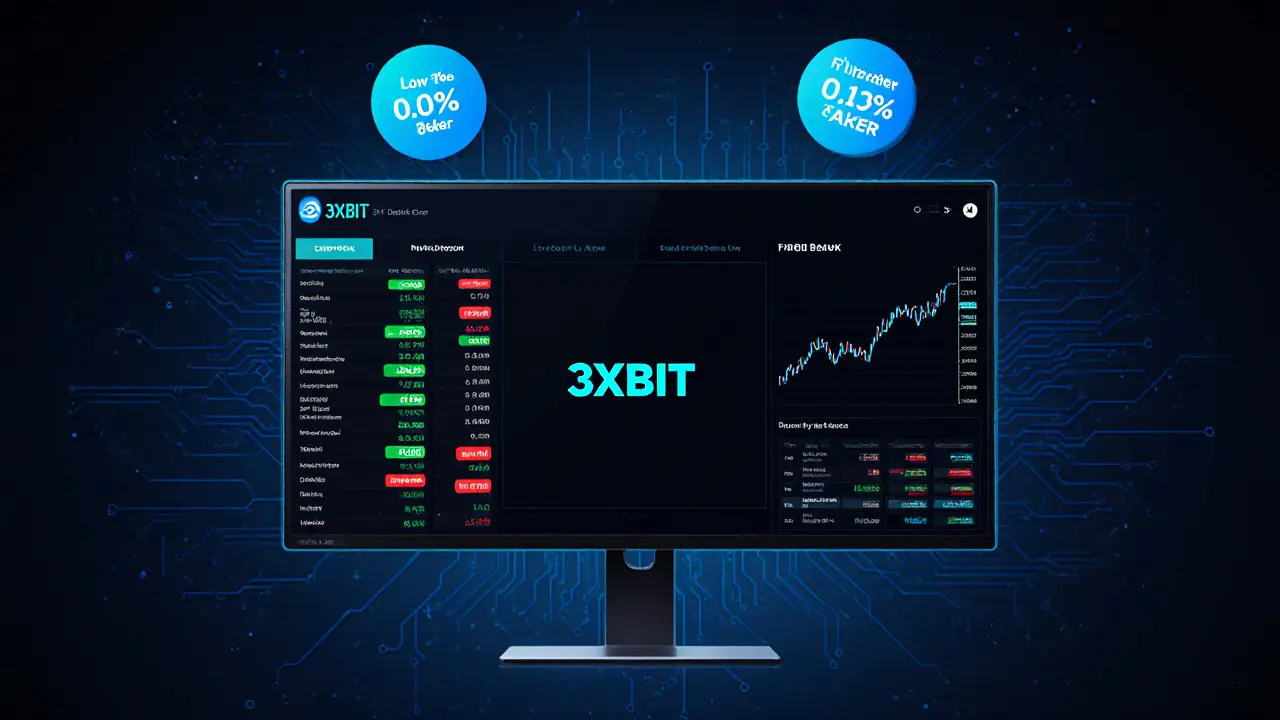Cryptocurrency Trading: Fast, Safe, and Informed Strategies
When working with cryptocurrency trading, the act of buying, selling, and managing digital assets on exchanges and peer‑to‑peer platforms. Also known as digital asset trading, it means staying on top of price moves, order types, and wallet security while juggling market news.
Key Factors Shaping Cryptocurrency Trading
One of the biggest forces behind any trade is crypto regulation, the set of laws and tax rules that govern how digital currencies can be bought, sold, and reported in a given country. In India, for example, the 2025 tax framework forces traders to file quarterly gains, while in Iran VPN use can help bypass exchange bans. Understanding these rules cryptocurrency trading demands because a missed filing can freeze assets overnight.
But regulation isn’t the only piece of the puzzle. Most traders now rely on a decentralized exchange, a peer‑to‑peer platform that matches orders on‑chain without a central custodian. DEXs like Berrie Dex or Ubeswap give you control over private keys, lower the risk of a single‑point hack, and often offer lower fees. The trade‑off is learning how to connect a wallet, approve smart contracts, and monitor gas costs—skills that every serious trader needs.
Then there are the airdrop, free token distributions that projects use to bootstrap communities and boost liquidity. A well‑timed airdrop can add instant value to a portfolio, but it also creates short‑term price spikes and volatility. Traders who track airdrop calendars can position themselves before the token hits the market, turning a free giveaway into a profit opportunity.
Finally, the safety of the platform itself hinges on crypto licensing, the official permissions a exchange must obtain to operate legally in a jurisdiction. Licensed exchanges such as Koinde or Bitroom (though the latter lacks proper licensing) provide insurance, AML checks, and clearer recourse if something goes wrong. When an exchange holds a valid MSB or BitLicense, you’re less likely to see sudden freezes or disappearances.
Putting these pieces together paints a clear picture: cryptocurrency trading requires a blend of regulatory awareness, technical know‑how, and strategic timing. Regulation influences which markets you can access; decentralized exchanges give you the tools to act; airdrops add extra upside; and licensing tells you how safe the playground is. Below you’ll find a curated set of articles that dive deeper into each of these areas, from India’s latest crypto tax rules to how VPNs keep Iranian traders online, and from tokenomics of new DEX coins to step‑by‑step licensing checklists. Use the collection to sharpen your edge, avoid common pitfalls, and stay ahead of the curve.

AEN Exchange Crypto Exchange Review: What You Need to Know Before Trading
Dec 16, 2025, Posted by Ronan Caverly
AEN Exchange offers little to no verifiable information. No licensing, no audits, no user reviews. Avoid this untrusted crypto platform and stick to established exchanges like Binance or Coinbase for safety.
MORE
3XBIT Crypto Exchange Review: Features, Security, Fees & Alternatives
Oct 13, 2025, Posted by Ronan Caverly
A detailed review of 3XBIT crypto exchange covering fees, security, liquidity, features, and alternatives for traders.
MORESEARCH HERE
Categories
TAGS
- decentralized exchange
- crypto exchange
- crypto exchange review
- crypto coin
- crypto airdrop
- cryptocurrency
- CoinMarketCap airdrop
- smart contracts
- tokenomics
- DeFi
- cryptocurrency exchange safety
- crypto airdrop 2025
- cryptocurrency airdrop
- cryptocurrency exchange
- MiCA
- crypto airdrop guide
- blockchain token distribution
- Portugal crypto tax
- crypto scam
- crypto exchange scam
